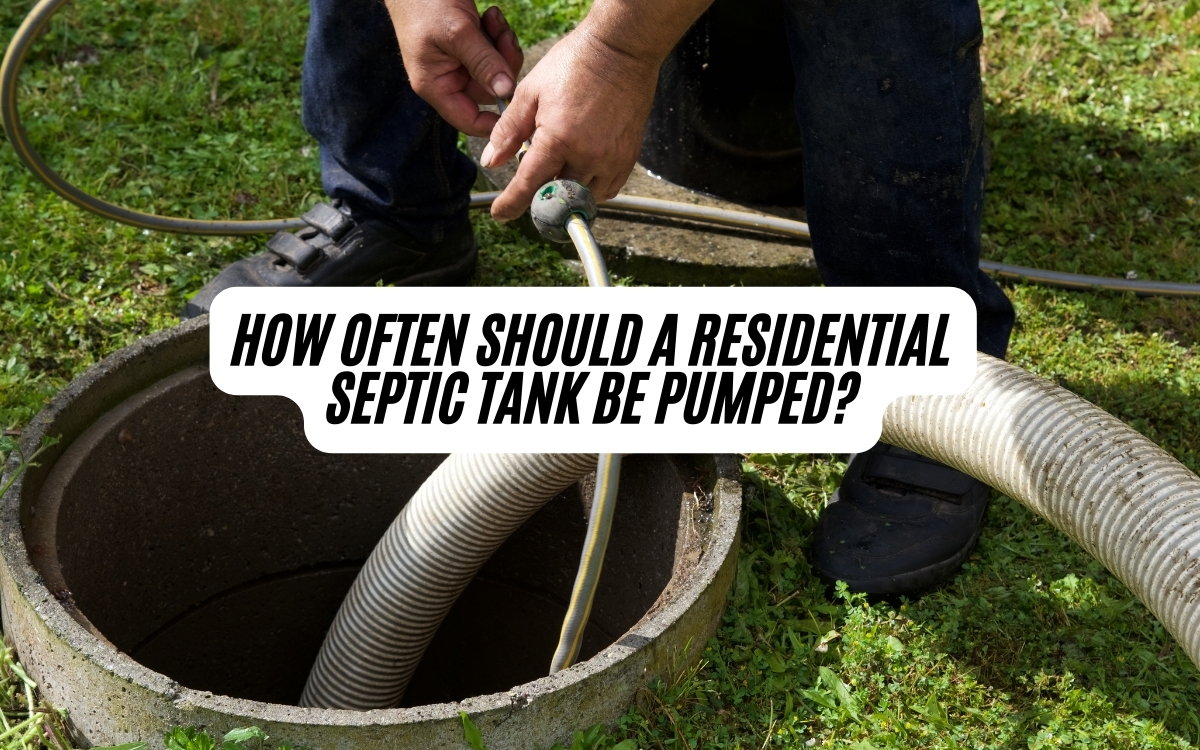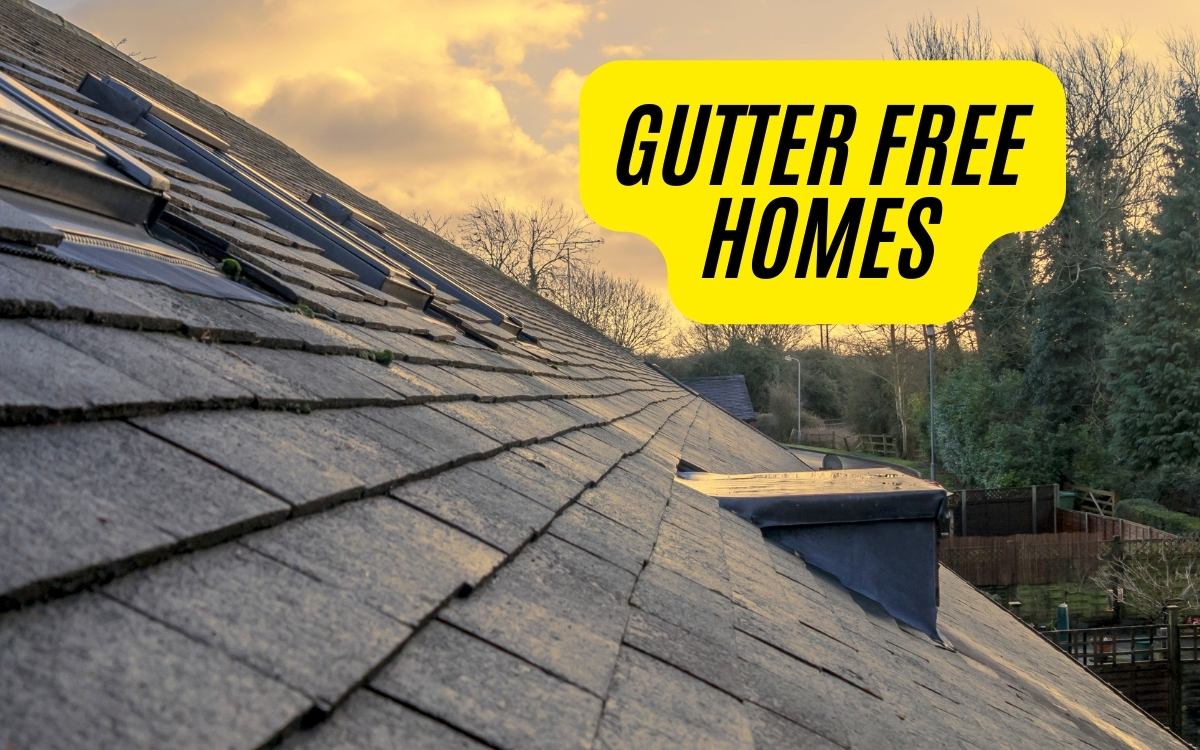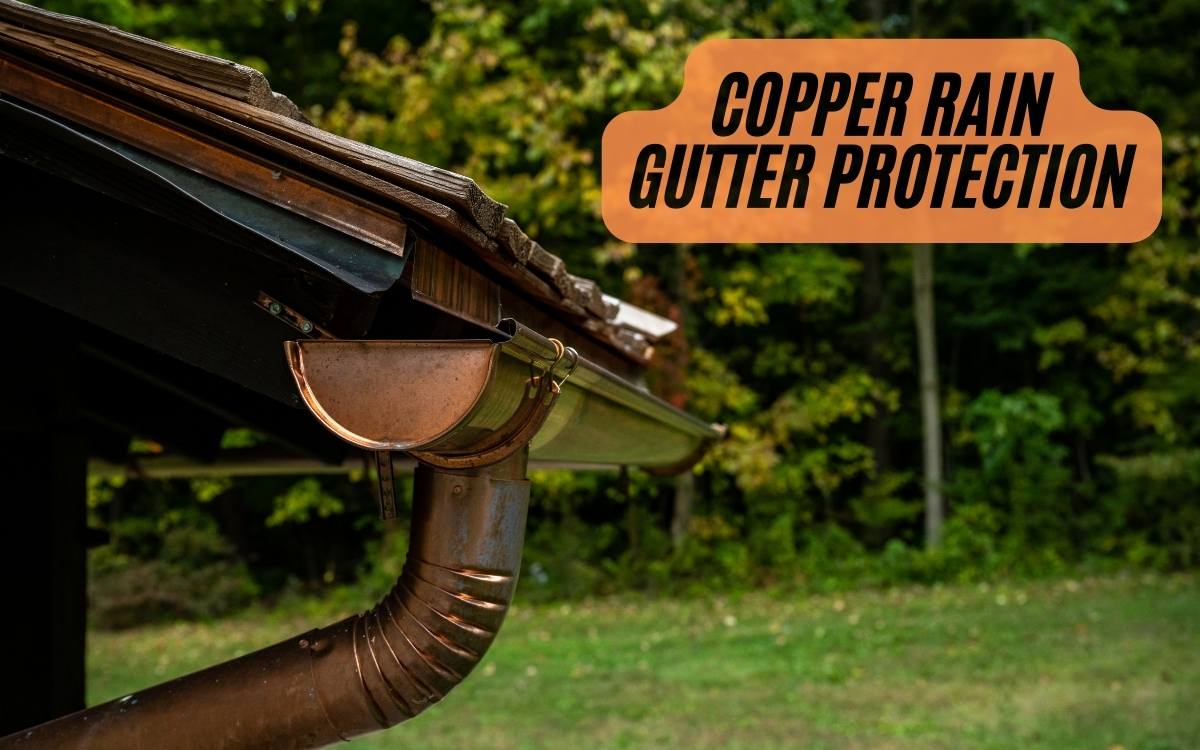Driveway Dilemma: Pave or Gravel
When deciding between a gravel or asphalt driveway, homeowners face a dilemma: weighing the affordability and rustic charm of gravel against the durability and sleek appearance of asphalt. While gravel driveways are more affordable, they require regular maintenance and can pose safety risks. Asphalt driveways, on the other hand, last longer and need less upkeep, but come with a higher upfront cost. By understanding the trade-offs between these two options, homeowners can make an informed decision that fits their budget, aesthetic preferences, and environmental concerns, and discover the key considerations that will ultimately lead them to the perfect driveway solution.
Cost Comparison
When deciding between a gravel and asphalt driveway, one of the most significant factors to ponder is the cost.
Gravel driveways cost between $1,200 to $1,500, while asphalt driveways range from $2,300 to $10,000.
The significant price difference is due to the availability and installation process of the materials.
Gravel is widely available and doesn't require specialized equipment or techniques, keeping prices low.
Asphalt, on the other hand, is a processed material made in batches, so pricing fluctuates based on supply and demand.
Factors such as base preparation, asphalt thickness, size, location, and season also influence the cost of an asphalt driveway.
Maintenance and Durability
Maintaining a driveway is a crucial aspect of ensuring its longevity and overall aesthetic appeal.
When it comes to durability, asphalt driveways typically last 20 to 30 years with proper maintenance, while gravel driveways can last for decades but require replenishing the crushed stone layer every one to three years.
Upkeep of gravel driveways involves adding more stone as needed to fill ruts, holes, and low spots.
Properly built and maintained asphalt driveways, on the other hand, last longer than gravel and need less periodic maintenance, requiring only resurfacing every 10 years or so.
Ultimately, the choice between asphalt and gravel depends on your willingness to perform regular maintenance and your desired level of durability.
Safety Considerations
Many homeowners overlook the critical aspect of safety when deciding between asphalt and gravel driveways.
Gravel driveways can pose several safety risks, including damage to vehicles from kicked-up stones and dust accumulation in home heating and cooling systems and vehicle air filters. Jagged crushed stones can also crack windshields if kicked up by speeding tires.
In contrast, properly maintained asphalt driveways don't usually damage cars or vans, and their smooth paved surfaces are safe for driving.
To minimize issues with gravel driveways, dense grade crushed stone can be used, which packs tightly and creates less dust. By considering safety factors, homeowners can make an informed decision about which type of driveway best suits their needs.
Aesthetic Appeal
Two driveway types, asphalt and gravel, present distinct aesthetic appeal options for homeowners.
Asphalt driveways maintain their sleek, black appearance throughout their lifespan, providing a clean and modern look.
In contrast, gravel driveways offer a wide range of color and size options, allowing homeowners to customize their driveway's appearance.
Crushed stones in different hues, such as limestone, granite, and slate, can be blended to create a unique and personalized look.
Additionally, homeowners can install a contrasting stone walkway to add an extra touch of style.
Permit Requirements
Before setting out on a driveway replacement project, homeowners must navigate the often-complex landscape of local permit requirements.
Many municipalities require permits for new driveway construction, widening or extending an existing one, and repaving a driveway with new materials. Required permits often cover technical specifications, including driveway width and curvature, allowable paving materials, drainage and stormwater management, and side setbacks and easements.
Failure to obtain necessary permits can result in fines of $1,000 or higher for unpermitted driveway surfacing projects. To guarantee a successful outcome, research and comply with local regulations to avoid costly setbacks.
Environmental Impact
Once homeowners have successfully navigated the complexities of local permit requirements, they can shift their focus to another critical aspect of driveway replacement: the environmental impact.
Gravel driveways, being a natural material, tend to blend in with the surroundings and allow rainwater to percolate through, reducing stormwater runoff. In contrast, asphalt driveways, being impermeable, can contribute to urban runoff, carrying pollutants into local waterways.
However, asphalt can be recycled, and modern asphalt production methods have reduced carbon emissions. Homeowners should consider the environmental implications of their choice, weighing the benefits of a permeable gravel driveway against the recyclability of asphalt.
Long-Term Value
What long-term value can homeowners expect from their driveway investment?
While both gravel and asphalt driveways have their advantages, asphalt driveways generally provide a longer-lasting and lower-maintenance option.
Asphalt driveways can last 20 to 30 years with proper maintenance, requiring less frequent replenishment and upkeep compared to gravel driveways.
Although gravel driveways can last for decades, they need regular replenishing of the crushed stone layer, which can be time-consuming and costly.
Asphalt driveways also appreciate in value over time, making them a valuable asset to a property.
In contrast, gravel driveways may require more frequent repairs and replacements, reducing their long-term value.
Frequently Asked Questions
Can I Install a Driveway Over an Existing Septic System?
Installing a driveway over an existing septic system is possible, but it requires careful planning and execution to avoid compromising the system's functionality and environmental safety, involving specialized expertise and potentially increased costs.
How Do Weather Conditions Affect Driveway Installation and Maintenance?
Weather conditions substantially impact driveway installation and maintenance, as extreme temperatures, precipitation, and sunlight exposure can compromise material integrity, necessitating adjustments to installation techniques, material selection, and regular upkeep to guarantee peak performance and longevity.
Are There Any Eco-Friendly Alternatives to Traditional Asphalt and Gravel?
Eco-friendly alternatives to traditional asphalt and gravel include permeable pavers, recycled concrete aggregate, and porous asphalt, which reduce stormwater runoff, promote sustainability, and offer a more environmentally conscious approach to driveway construction and maintenance.
Can a Driveway Be Shared by Multiple Neighboring Properties?
A shared driveway between multiple properties is feasible, but requires careful planning, coordination, and agreement among neighbors regarding maintenance, access, and potential disputes, as well as compliance with local regulations and permitting requirements.
Will Homeowner's Insurance Cover Driveway Damage From Natural Disasters?
Homeowner's insurance typically covers driveway damage from natural disasters, such as hurricanes, floods, or wildfires, if the policy includes coverage for outdoor structures; however, policy terms and conditions vary, so crucial to review your policy to understand what is covered.



